Significant people: Governor Macquarie
This is the student activity 1 of 2 of the Significant individuals: Governor Macquarie learning activity.
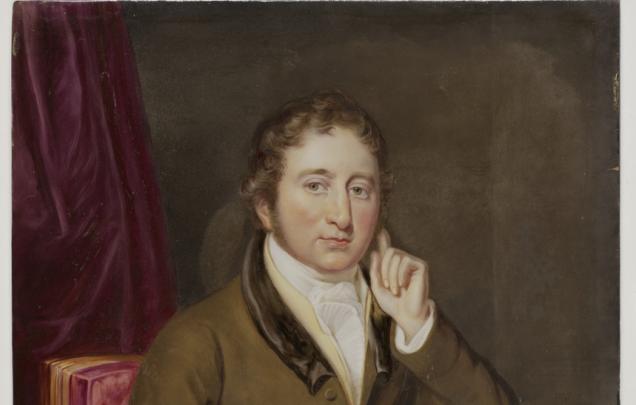
Supporters and opponents of Governor Macquarie
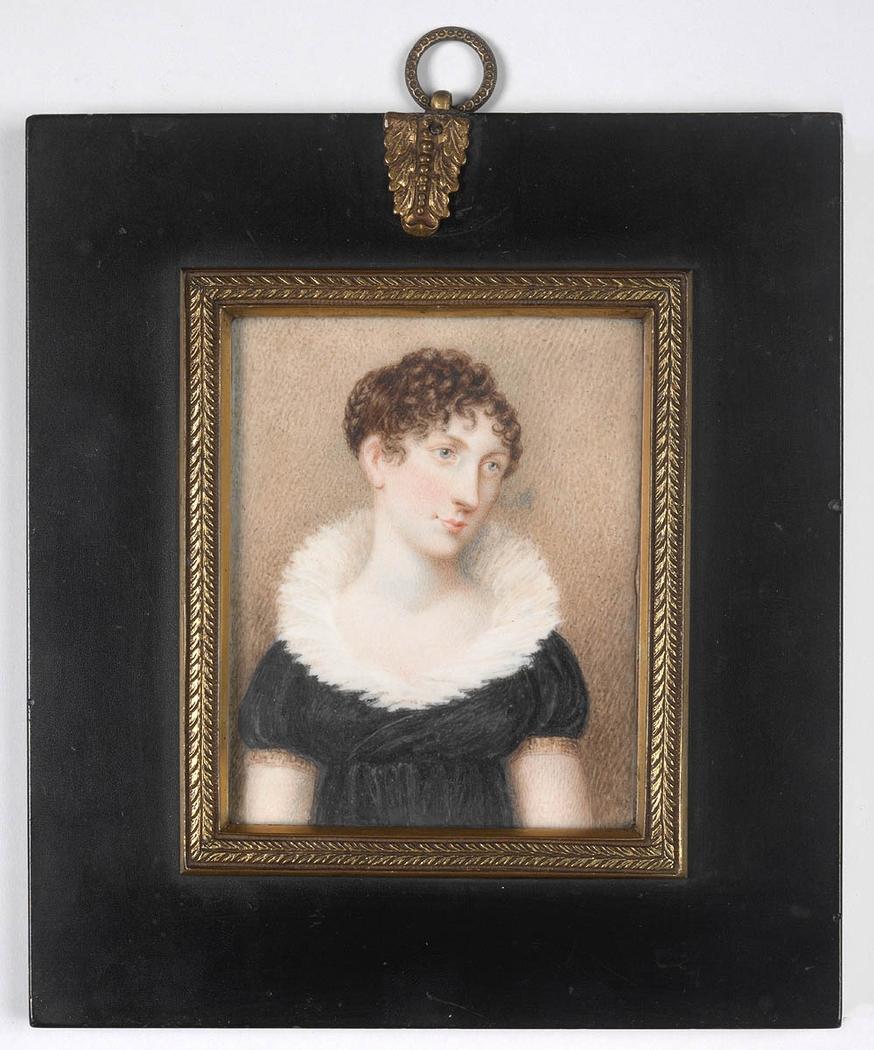
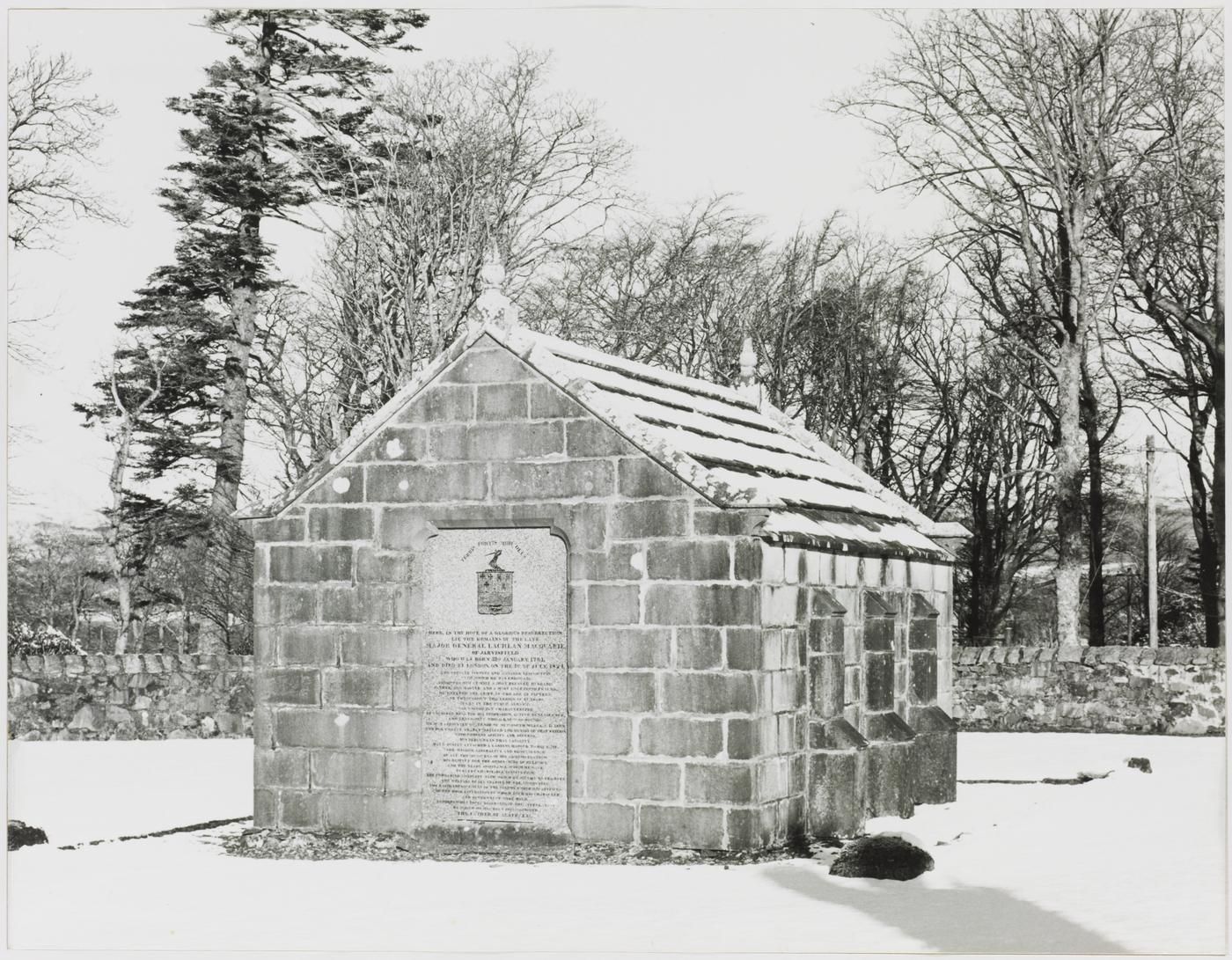
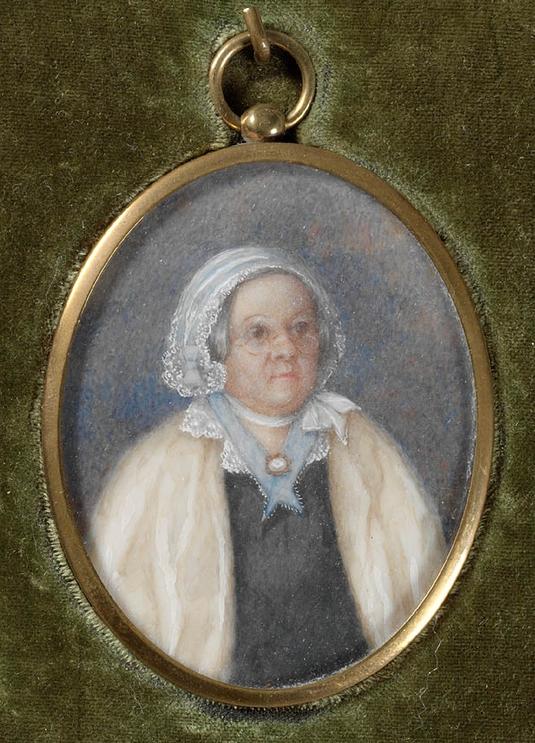
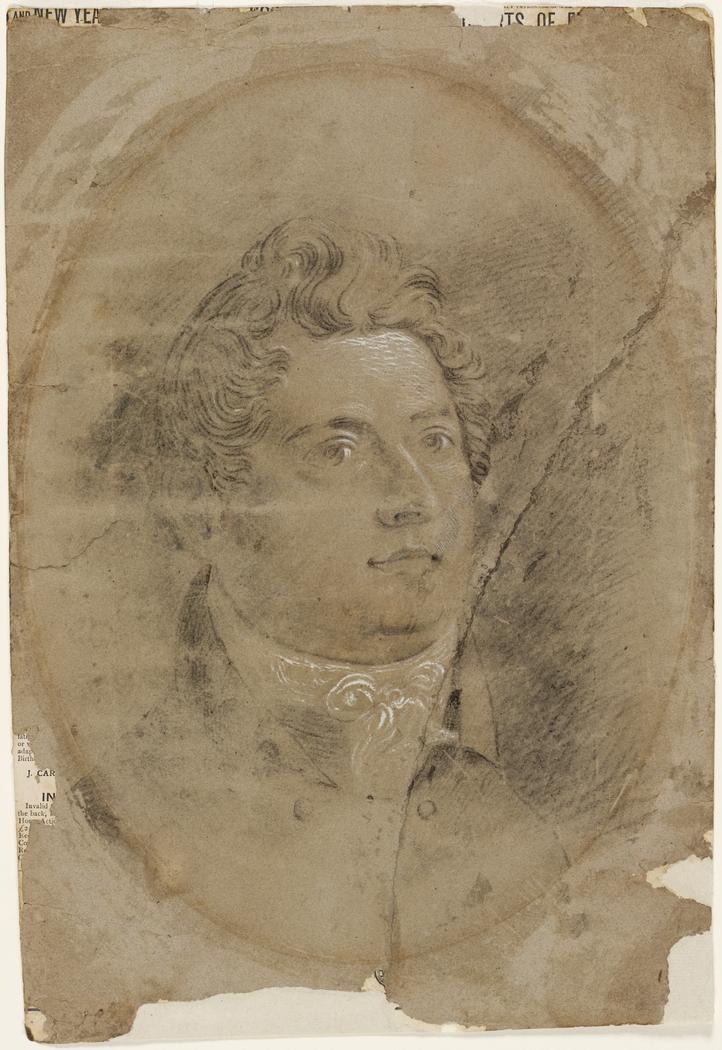
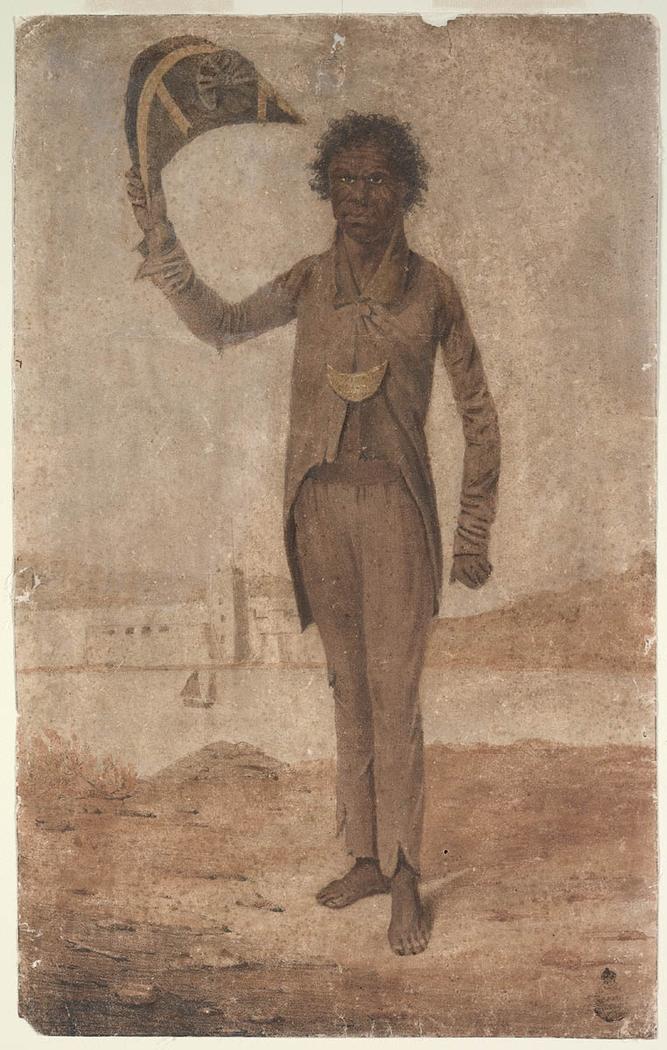
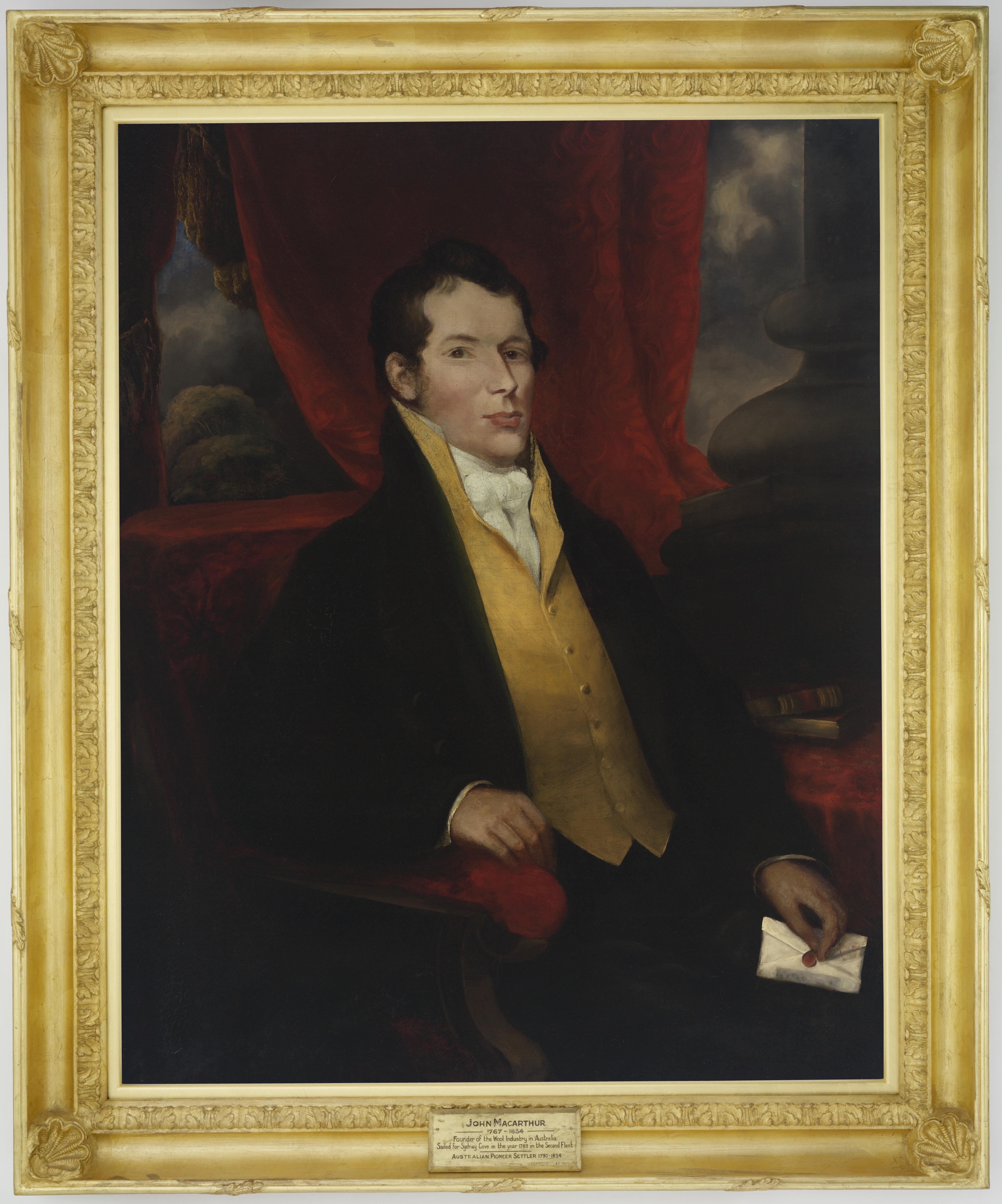
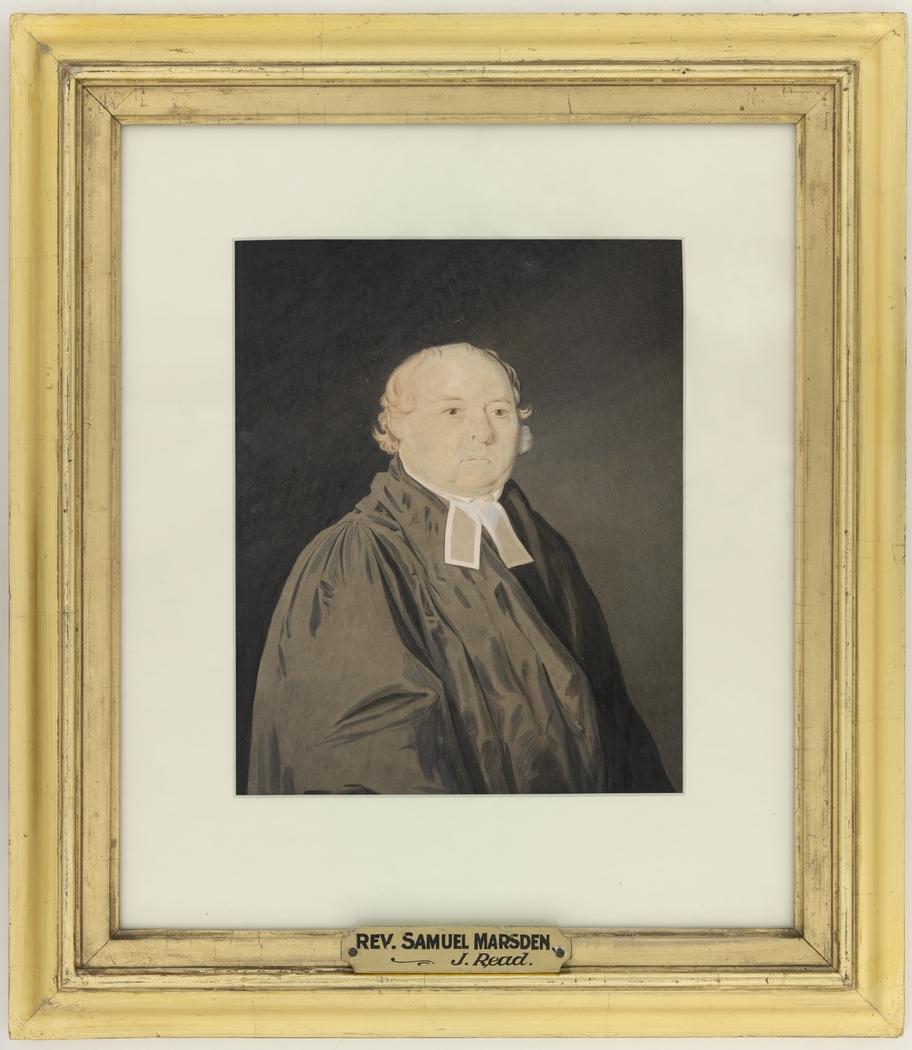
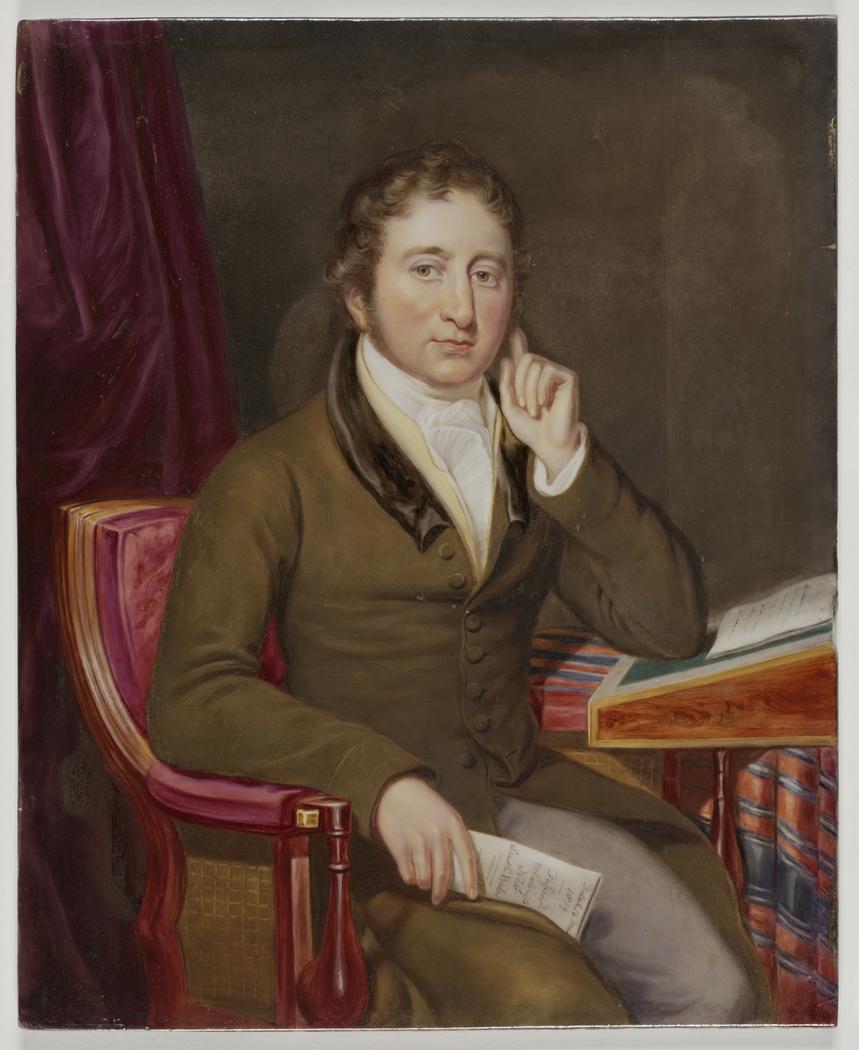
Use sources from the Library to find out about the supporters and opponents of Governor Macquarie. Fill out your answers on the attached resource sheet.
Does Governor Macquarie deserve the title ‘The Father of Australia’?
Epitaph on Governor Macquarie's mausoleum:
Here in the hope of a glorious resurrection
lie the remains of the late
Major General Lachlan Macquarie
of Jarvisfield
who was born 31st January, 1761
and died at London on the 1st of July, 1824
The private virtues and amiable disposition
with which he was endowed
rendered him at once a most beloved husband,
father and master, and a most endearing friend.
He entered the army at the age of fifteen
and throughout the period of 47 years
spent in the public service
was uniformly characterized
by animated zeal for his profession,
active benevolence,
and generosity which knew no bounds.
He was appointed Governor of New South Wales A.D. 1809
and for twelve years fulfilled the duties of that station
with eminent ability and success.
His services in that capacity
have justly attached a lasting honour to his name.
The wisdom, liberality, and benevolence
of all the measures of his administration,
his respect for the ordinances of religion
and the ready assistance which he gave
to every charitable institution,
the unwearied assiduity with which
he sought to promote
the welfare of all classes of the community,
the rapid improvement of the colony
under his auspices,
and the high estimation in which both his character
and government were held
rendered him truly deserving the appellation
by which he has been distinguished.
The Father of Australia.